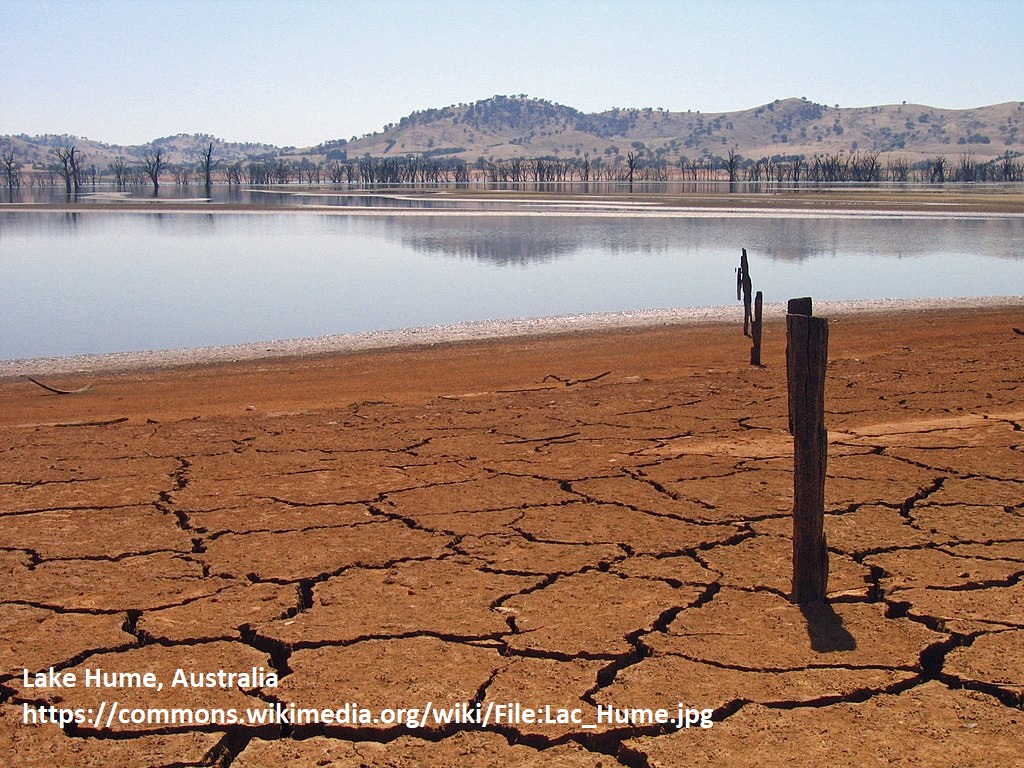
Martin Stute
https://barnard.edu/profiles/martin-stute
mstute@barnard.edu
Short term and long-term variability of temperature and precipitation has a major impact on water resources. Small changes in precipitation are amplified in the hydrologic response. We are now able to forecast temperature and precipitation for the next 3-6 months with some confidence. We also have long-term climate change forecasts that predict changes in temperature and precipitation decades ahead. What are the implications for life on Earth and what can we do about it?
The goal of this module is for students to understand the variability of climate parameters, short and long term forecasts and what they mean in context of local hydrology. The available data sources cover the entire globe, so students should be able to pick (almost) any place of interest to them to study in this module. They look at the historical climate record and average temperature and precipitation for the nearest weather station and analyze the data for decadal and long-term trends. They use short term (3 to 6 months forecasts) and long term climate change projections of climate parameters to predict future stream-flow, determine the impact, and evaluate various mitigation and adaptation strategies.
Historical climate records, climate variability on various timescales, short-term and long term climate forecasts and hydrologic response, ecological and human impacts, mitigation and adaptation strategies.
This module is meant to be part of a hydrology class. Students are expected to have taken a course on the Earth's climate system and to be familiar with the basic concepts of short and long-term climate projtions.
At the end of this module, students will be able to: describe the variability of P,T,... on daily, monthly, seasonal, annual and interannual historical timescales; determine trends in T and P, forecast variability for the next months and for the end of the century, characterize the hydrologic response, and evaluate impact and mitigation and adaptation options."
"This will be accomplished through activities within each section. Results from each activity will be recorded in specified results templates. The results templates for each activity can be found at the beginning of each activity. The results templates are organized such that results from one activity can easily be used in successive activities."

https://barnard.edu/profiles/martin-stute
mstute@barnard.edu
Aster Tesfaye Hordofa is Lecturer and Researcher at department of Water Resources and Irrigation Engineering in Water Technology Institute faculty, Arba Minch University, Ethiopia and currently a PhD candidate with specialization of Hydrology and Water Resources Management at Africa Centre of Excellence for Water Management, Addis Ababa University, Ethiopia. She holds an MSc in Drainage and Irrigation Engineering from Arba Minch University, Water resources and Irrigation Engineering, Ethiopia. She has a background in Water Resources and Irrigation Engineering. Her areas of research interest include among modelling climate change impacts on hydrology, Surface water and Groundwater integrated model.
astertesfaye01@gmail.com
Junior/senior undergraduate students
Excel or other spreadsheet program, Internet access
This course is available for export by clicking the "Export Link" at the top right of this page. If you are an Instructor seeking the answer keys, please contact the course creators using your official University email account.
The module developers estimate that this module will take between 10 o 12 hours to complete.